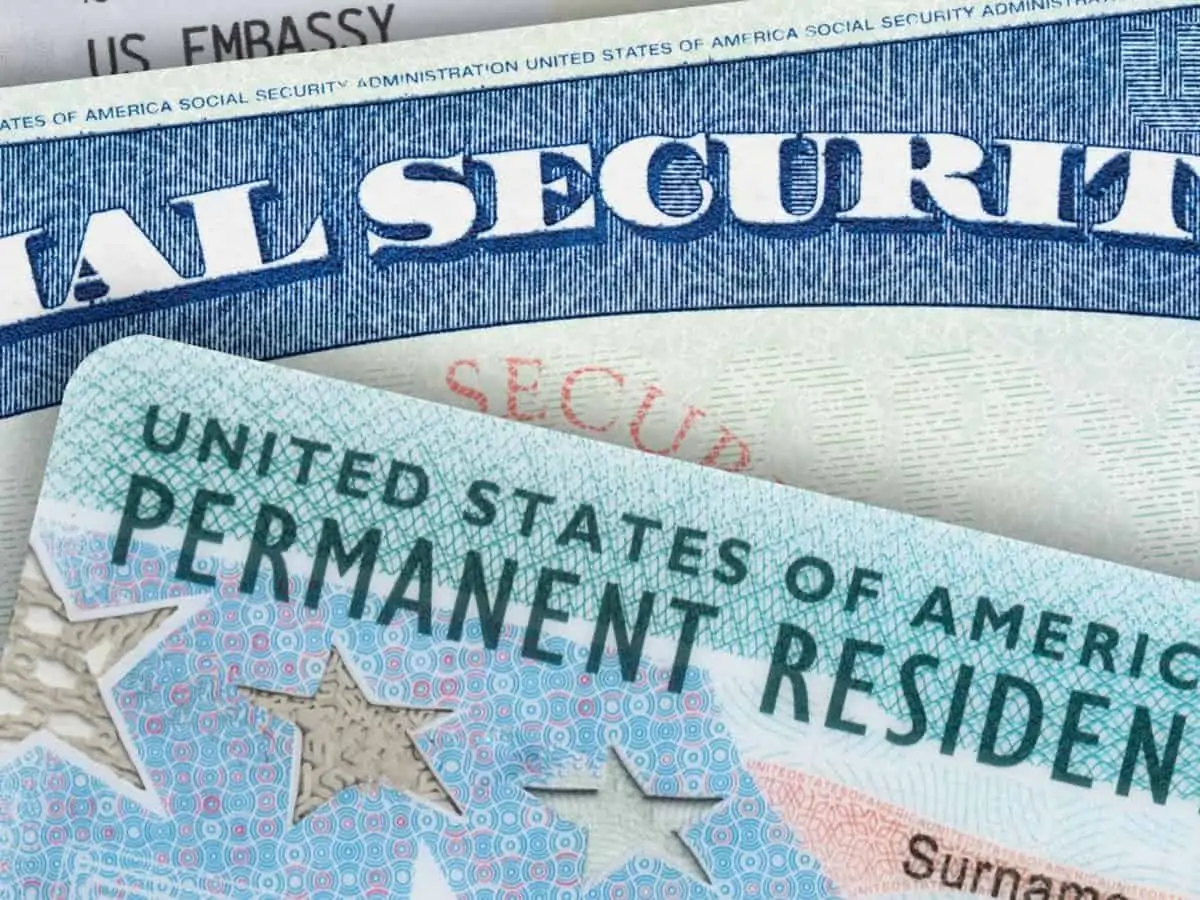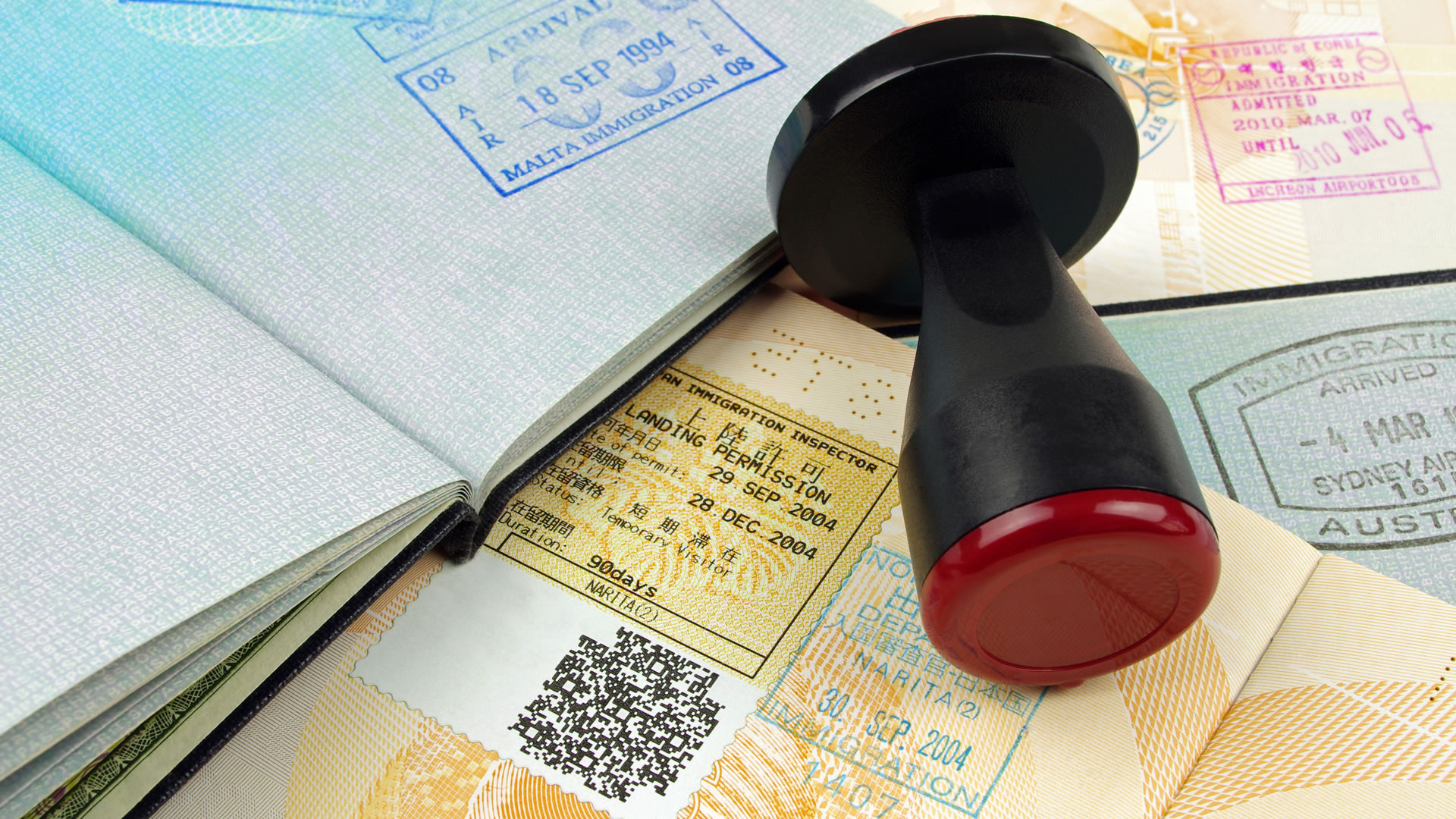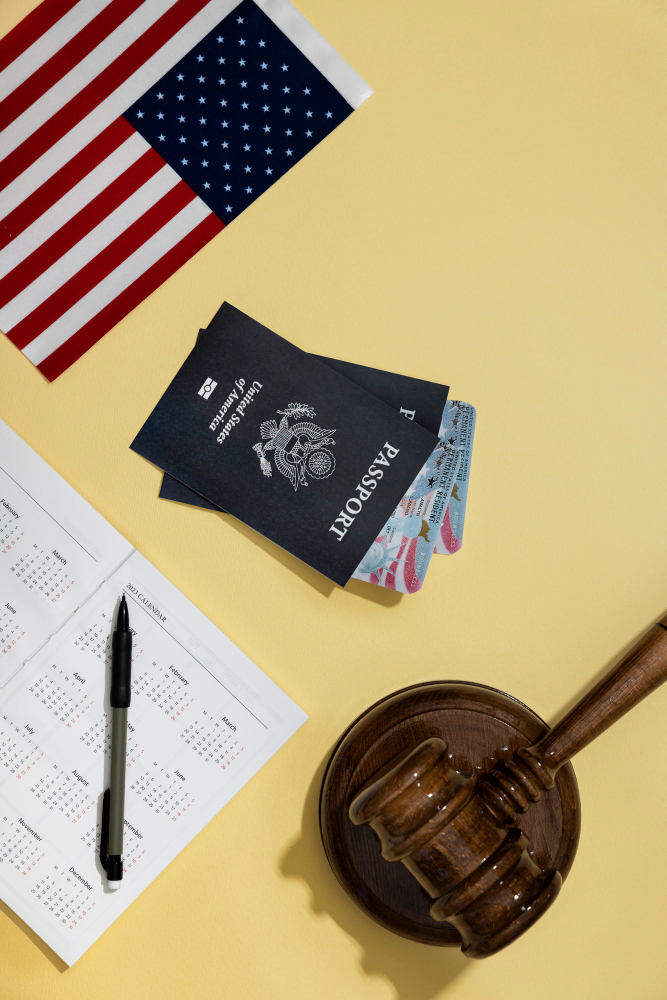Immigrant VISAS - Employment

Green Cards
Employment-Based Green Cards
FIRST PREFERENCE (EB1) INCLUDES
Multinational Manager or Executive
Extraordinary Ability
Outstanding Professors and Researchers
SECOND PREFERENCE (EB2)
Professionals with advanced degrees
Aliens of “Exceptional Ability”
NATIONAL INTEREST WAIVER
certification from the U.S. Department of Labor. To qualify for a National Interest Waiver, applicants must demonstrate that their work is in the national interest of the United States. Specifically, they must show that their work has substantial merit and national importance, that they are well positioned to advance the proposed endeavor, and that it would be beneficial to waive the requirement of a job offer and labor certification.
Official academic record showing that you have a degree, diploma, certificate, or similar award from a college, university, school, or other institution of learning relating to your area of exceptional ability
Letters documenting at least 10 years of full-time experience in your occupation
A license to practice your profession or certification for your profession or occupation
Evidence that you have commanded a salary or other remuneration for services that demonstrates your exceptional ability
Membership in a professional association(s)
Recognition for your achievements and significant contributions to your industry or field by your peers, government entities, professional or business organizations
The criteria for the NIW preference category may include the following:
PREFERENCE
THIRD PREFERENCE (EB3) INCLUDES
Professionals with bachelor’s degrees
Skilled workers
Unskilled workers
PREFERENCE
PERM STEPS AND REQUIREMENTS
01
Step
02
Step
03
Step
- Being physically present in the United States.
- Having been inspected and admitted or paroled into the United States (with some limited exceptions).
- Having an immigrant visa immediately available (based on an approved immigrant petition and current priority date).
- Not being ineligible for adjustment of status due to certain grounds of inadmissibility.
- Once the petition is approved by USCIS, it is forwarded to the National Visa Center (NVC) for further processing.
- The applicant must gather and submit all required documents, including forms, civil documents (such as birth certificates, marriage certificates, etc.), financial documents, and any other supporting evidence.
- Once all required documents are submitted and fees are paid, the NVC will schedule an interview appointment at the U.S. consulate or embassy in the applicant’s home country.
- On the scheduled date, the applicant attends the visa interview at the U.S. consulate or embassy. During the interview, a consular officer determine the applicant’s eligibility for an immigrant visa.
- Once the immigrant visa approved and issued, the applicant can travel to the United States and will become a lawful permanent resident upon entry.

Green Cards
FOURTH PREFERENCE (EB4)
This preference applies to special immigrants including qualified ministers and religious workers as well as certain other categories of limited applicability. Religious workers must have an offer of compensated employment in the US from a qualifying, nonprofit religious institution for which they have worked for at least the previous two years.
Broadcasters, Iraqi/Afghan Translators, Iraqis Who Have Assisted the United States, International Organization Employees, Physicians, Armed Forces Members, Panama Canal Zone Employees, Retired NATO-6 employees, Spouses and Children of Deceased NATO-6 employees

Green Cards
FIFTH PREFERENCE (EB5) Investor Visa Petitions for Lawful Permanent Residence
- Make the necessary investment in a commercial enterprise in the United States; and
- Plan to create or preserve 10 permanent full-time jobs for qualified U.S. workers.
The EB-5 classification requires an investment of $1,050,000 in a new commercial enterprise in the United States. The investment need only be $800,000 if the enterprise is in a rural or “targeted employment area,” (an area where the unemployment rate is at least 150% greater than the national average).
Conditional residence is granted for two years. If investment and employment continue beyond two years, permanent residence is granted.
If you are interested in obtaining permanent residency in the United States, there may be an option available to you through business creation or employment. However, the process and regulations governing this process are incredibly strict and complex.